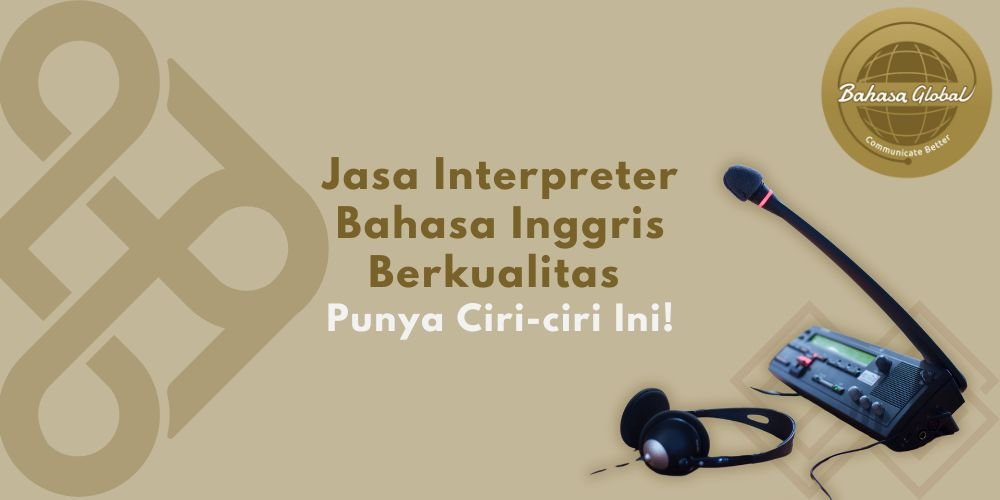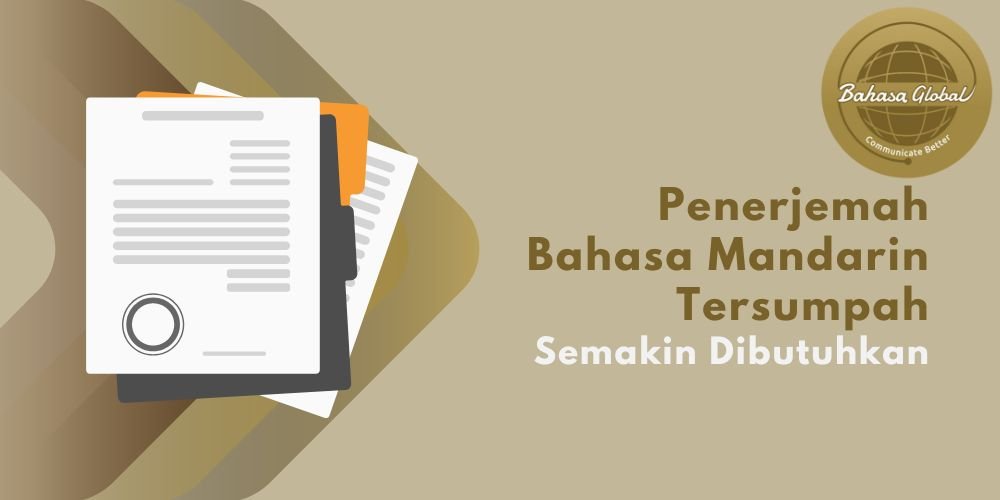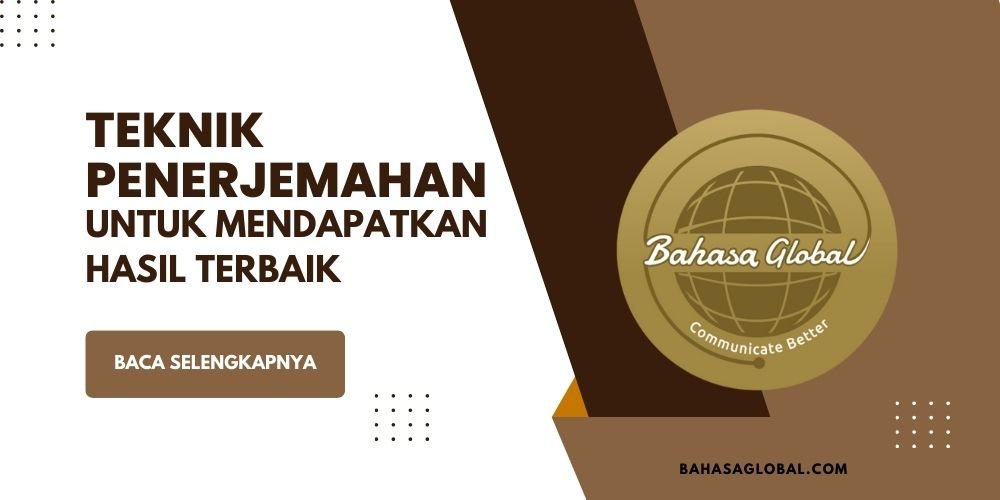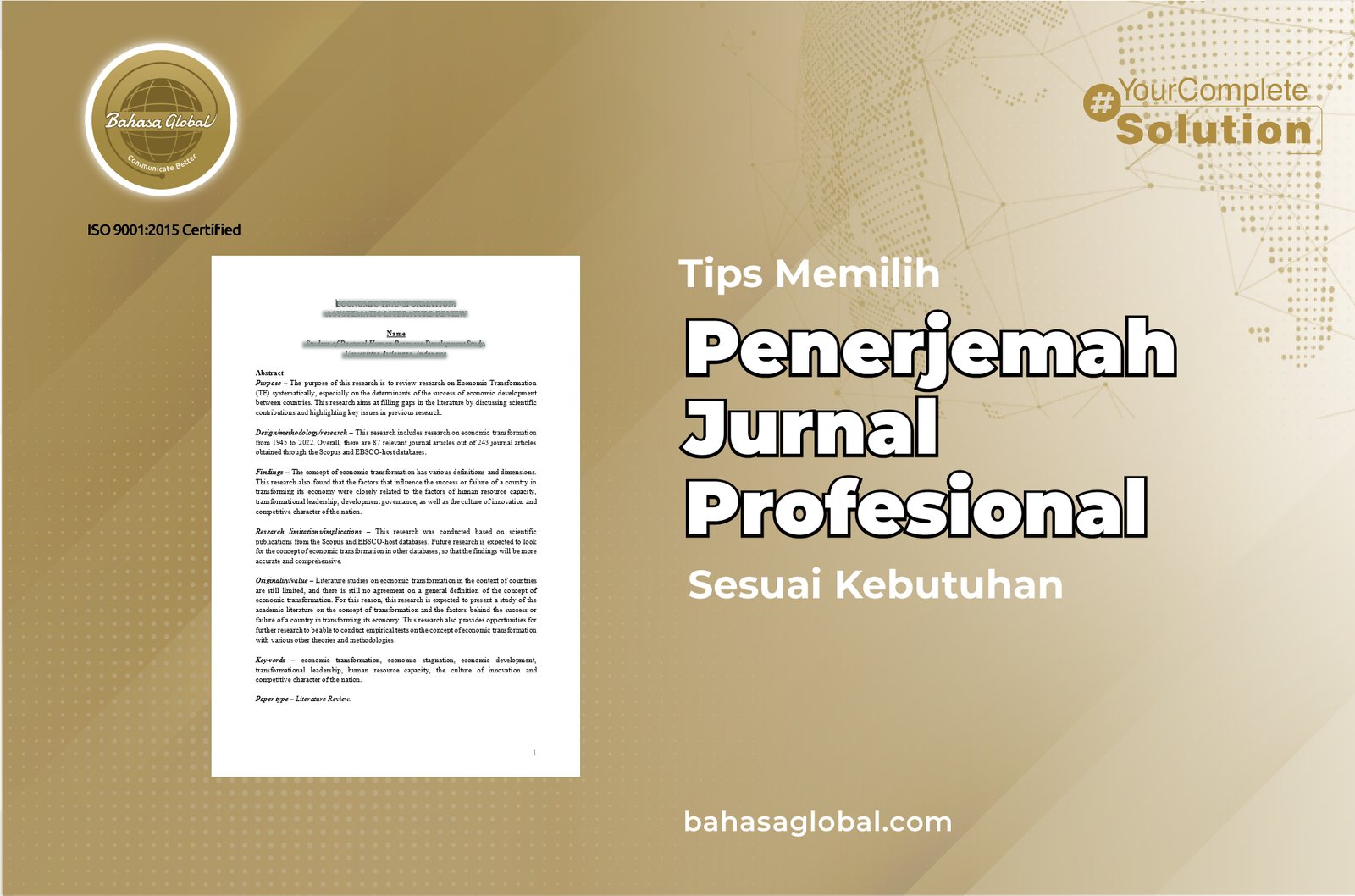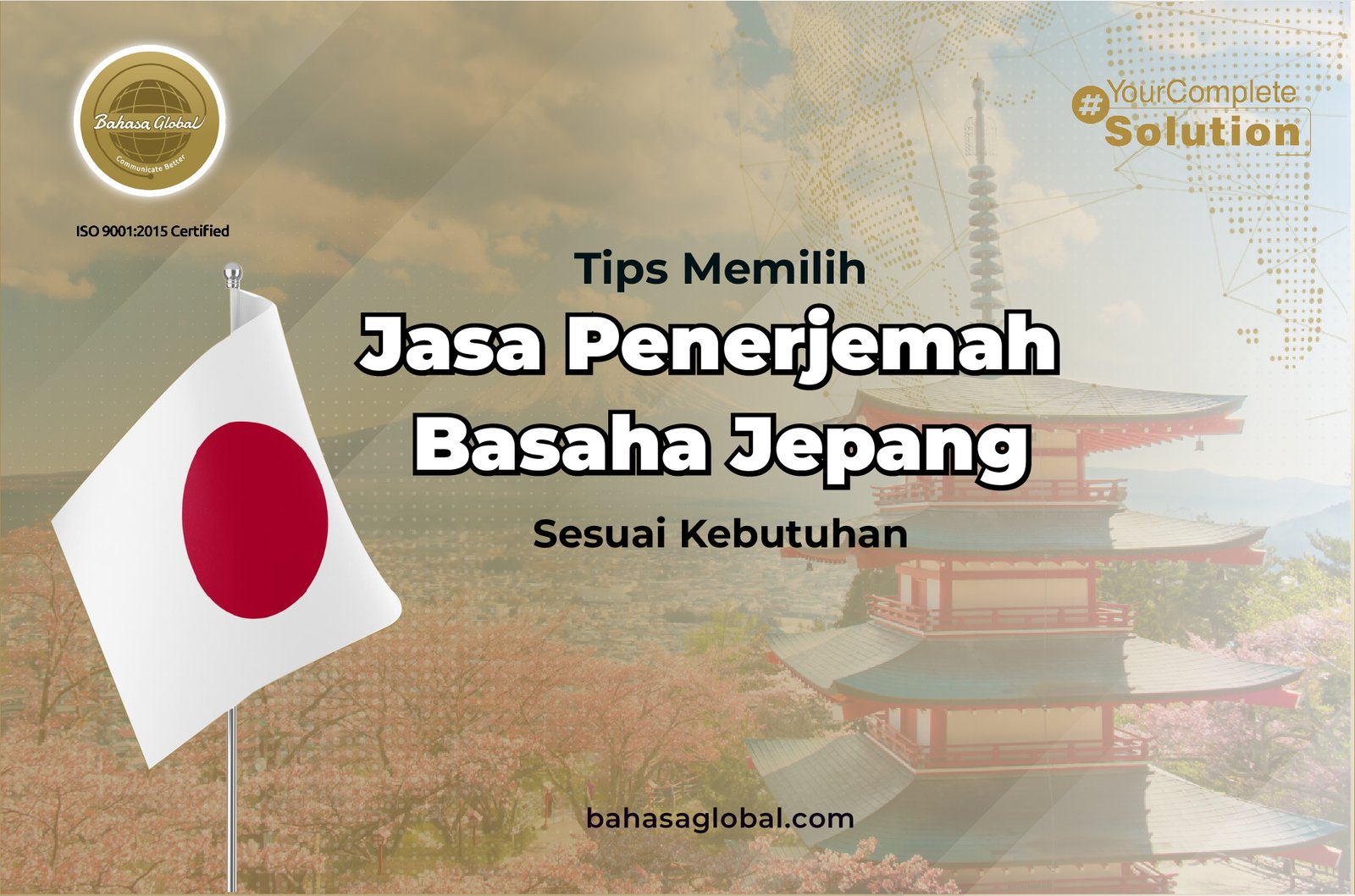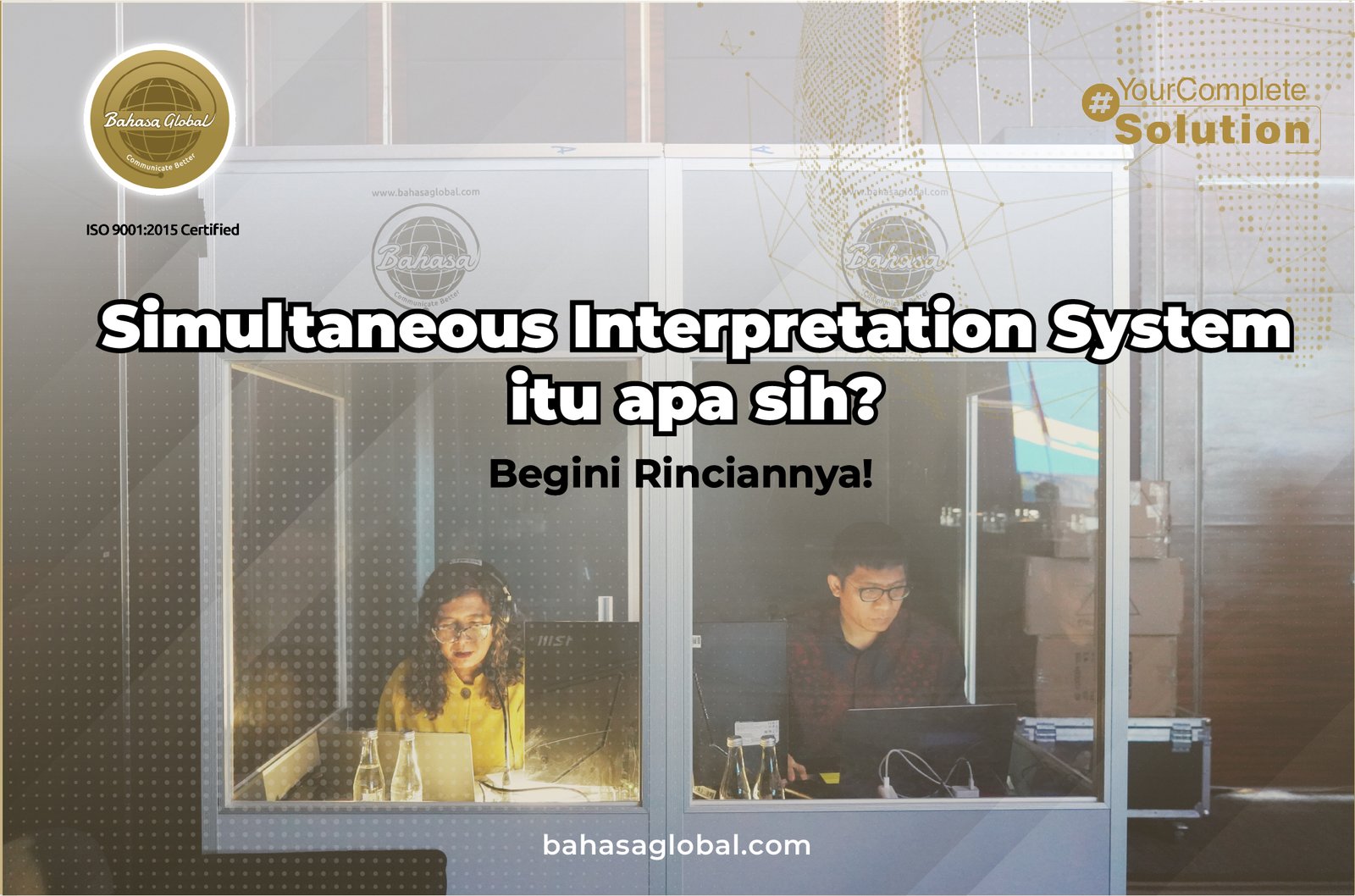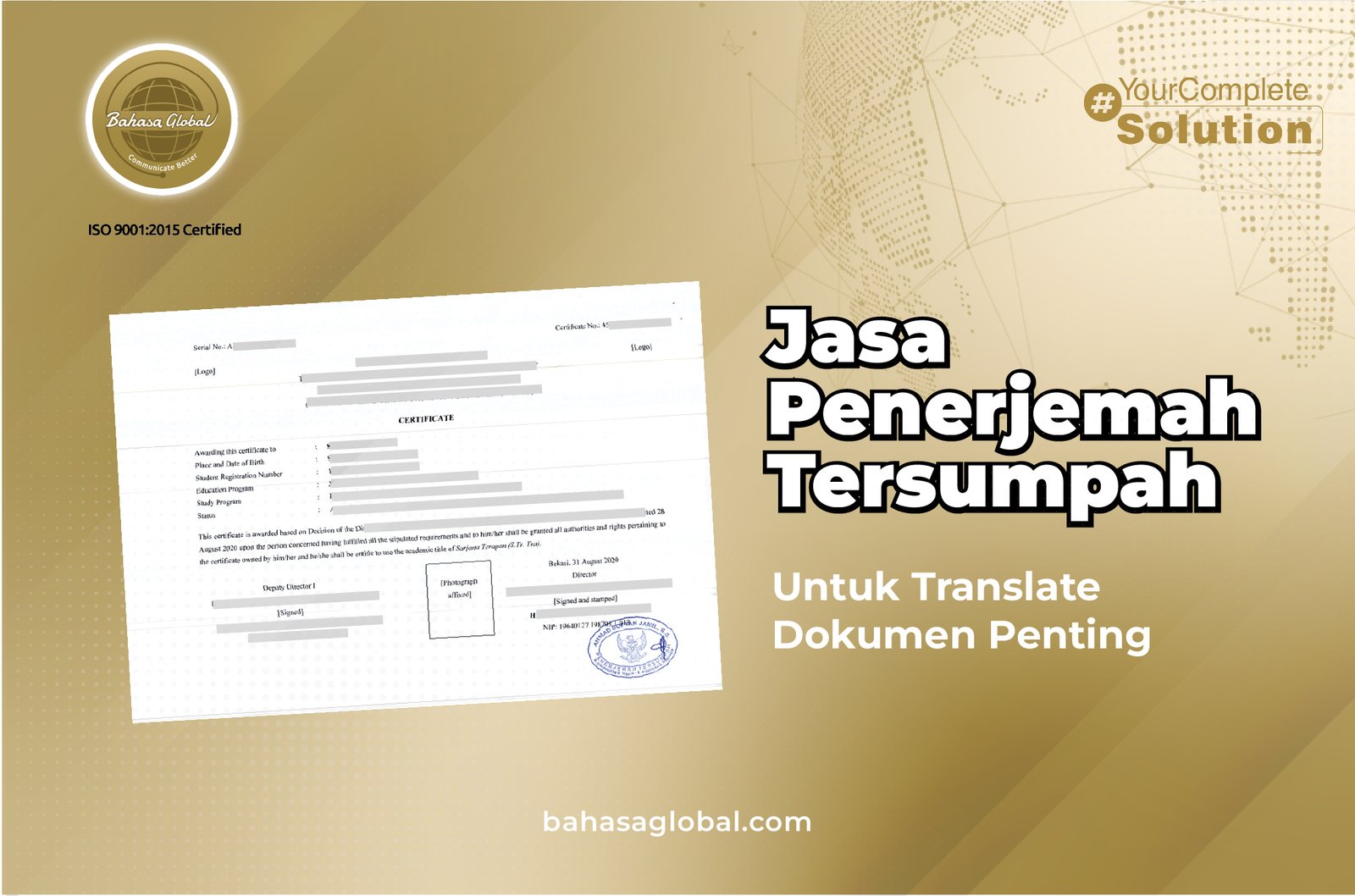Building Relationships with the Media establishing relationships with the media has many benefits. Whether you’re a business or an individual, media should always be a top priority—though not everyone realizes how essential it is for business needs. Beyond supporting branding, media relations is also effective in minimizing negative issues that could damage your reputation.
As we know, a positive image is vital in today’s era. Reputation can make or break a business. It doesn’t matter how good your product is—bad press can ruin everything. So what exactly is media relations? How do you do it right? Read on!
What Is Media Relations?
Media relations is a form of public relations. Its goal is to engage the media (newspapers, radio, TV, and other journalism platforms) to report on your mission, accomplishments, and the success of a business or institution.
Key Benefits of Media Relations for Corporations and Organizations
From the explanation above, here are some of the benefits media relations can offer:
Helping to Enhance Company Image
How important is a company’s image? Extremely important! It affects everything—from sales to public advocacy during a crisis. Various forms of media reporting influence how the public perceives a company. Why? Because the public rarely investigates further—they only know what the media says.
Negative reporting can tarnish a company’s image. However, a company that builds strong media relations can counter negative news with positive narratives. For example, through CSR (Corporate Social Responsibility) programs, such as stock value improvements, employee welfare, and more. Media relations efforts are made until the negative image fades and the company’s reputation is restored.
Protecting the Company from Negative Issues
No institution is immune to mistakes. Sometimes, errors go public and require urgent advocacy—especially in today’s digital transformation era.
Well-managed media reviews can even help shift blame away from company leaders and instead highlight external factors. Negative press must be responded to with the right advocacy through trusted media channels.
Increasing Public Trust
As explained earlier, the public won’t wait to hear your side of the story—especially in a crisis. That’s where media relations plays a crucial role. Media professionals help clarify issues and communicate accurate messages across every relevant outlet.
Trust is one of the fundamental foundations of any transaction.
Positive news coverage about a company helps elevate its public image. As a company’s reputation improves, public trust naturally increases.
With growing public trust, it becomes easier for the company to continue developing and expanding its business.
Expanding Corporate Relationships
With strong public trust, you can more easily build valuable corporate relationships—with investors, suppliers, clients, and others. A strong brand image makes potential partners more confident in the solutions your business offers. This facilitates mutually beneficial partnerships.
As we know, as a business grows, it needs broad and strong relationships. These relationships open new markets and opportunities for new contracts. In the long run, media relations can serve as a powerful tool to support corporate development.
Building a Positive Company Image
Media has the power to disseminate information and reach the public. With the right strategy, media relations can help build a positive image of the company. Even if your company is already experiencing growth or global recognition, channeling media coverage toward positive storytelling can amplify the impact.
A positive image enhances customer loyalty. Loyal customers can even become advocates and promote your brand voluntarily. Once a positive image is established, this can lead to sustainable growth and increased revenue.
How to Do Media Relations
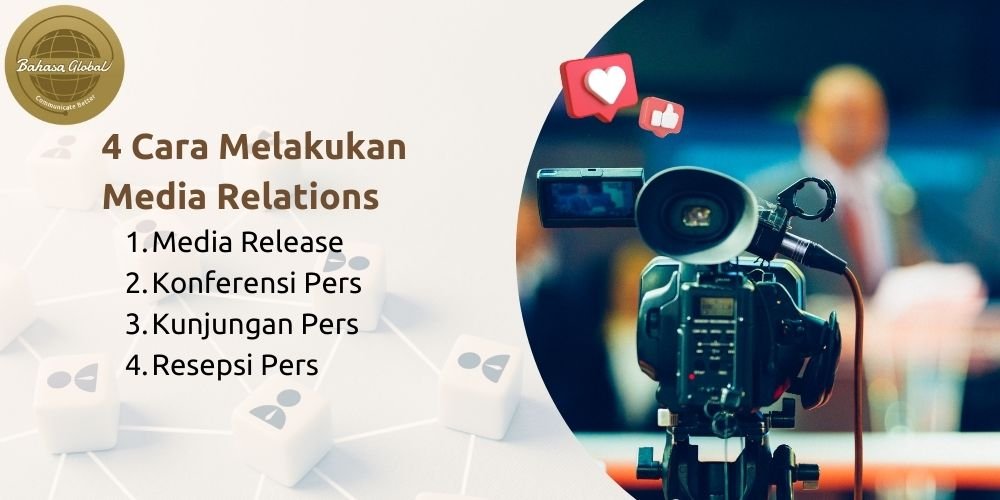
Now let’s talk about how to actually do it. Make sure you learn this section—starting from press releases to press conferences. Here are 4 proper ways to carry out media relations:
1. Media Release
Commonly known as a press release, a media release is a piece of news created by a company to be distributed by the public relations team to reporters or journalists. The content varies—ranging from product launches, services, to the latest innovations. The purpose is to enable journalists to publish it in print or online media.
All news sources originate from the company. Usually, the content is based on interviews or already formed into a written article. The media release can be either positive or informative, but must be well-targeted to achieve the best impact.
2. Press Conference
Press conferences are direct news briefings from a news source to journalists or reporters. They are usually conducted via live streaming through electronic and digital media. Many people prefer this type of media relations because it is perceived to deliver balanced, accurate, and up-to-date information.
Press conferences are typically broadcast on television. A public relations officer will speak on behalf of the company or organization at the event. The company will invite various media outlets to send their journalists to attend the press conference.
It’s important to pay attention to timing. If a press conference is needed to clarify urgent information, it must be held as soon as possible. When a negative issue is gaining traction, prioritize holding it during working hours, not on the weekend. Additionally, it’s highly recommended to set up a backdrop behind the speakers’ seats to help boost company or brand image.
3. Press Visit
Sometimes, journalists come to conduct coverage on certain matters—especially if your company is in the spotlight due to involvement in a legal case. These press visits can be an opportunity to deliver balanced information.
4. Press Reception
Almost similar to a press conference, but a press reception invites journalists to a more relaxed event—such as a dinner gathering. While enjoying the meal, the company’s public relations team delivers the intended message, or simply engages in casual conversation to build rapport between the media and the company.
This approach makes it easier for companies to foster media relations. Whether it’s during a press conference or a press visit, it can also ease the publication of press releases in the future. In addition to hosting informal events, companies can strengthen ties with media by regularly offering small gestures—such as giving out branded merchandise.
Various Media Relations Activities
Maintaining good relationships with the media can have a positive impact on a company’s business continuity. Here are some common media relations activities carried out by companies:
Media Meetings
Almost similar to press releases, press conferences, or media visits. The company meets directly with media personnel as a form of media relations. The difference is that media meetings are conducted in a more relaxed setting, although the goal remains the same: to build good relationships with the media.
Inviting employees to join a casual gathering with the company and media representatives can be one option. Activities like outbound, group outings, or simply hanging out over the weekend can help form emotional connections between both parties.
News Monitoring
After conducting media meeting activities, companies usually follow up by monitoring the media—either print, electronic, or digital. This news monitoring is done to track news circulating in the media.
The company will continue to monitor various issues circulating in the media. The goal is to take preventive measures so that the company’s image remains positive in the public eye. If there are negative issues, companies can also respond as quickly as possible to rebuild their positive image.
Today, information technology greatly supports effective news monitoring—not just of mainstream media, but of all possible communication platforms that can influence brand perception. With the right tools, you can manage online reputation more efficiently which in turn helps maintain your company’s image.
Media Briefing
This is also one form of media relations—guiding the media in line with the company’s objectives. For example, informing about various positive issues, stating what shouldn’t be published, or even providing clarifications regarding company-related news.
Media briefing is very important because if the company does not provide guidance, the media may report anything about the company, including potentially damaging information. The public relations team is the one who represents the company in conducting such briefings.
Press Workshop
Similar to media briefings, a press workshop aims to provide training to media journalists. Not only on how the company wants news to be presented, but also in the form of literacy training. These workshops are often conducted as seminars, talk shows, or off-site activities.
Besides the company’s internal public relations team, press workshops may also involve third parties—such as trainers from training institutions or external experts needed by the company. This method is quite effective in building strong relationships with the media.
Media Clipping
As the name suggests, Media Clipping is the activity of collecting various media coverage related to the company, whether positive or negative. The company prints and archives all relevant coverage in a special file.
The result serves as evaluation material, decision-making reference, and a planning tool for the company’s future. This method has proven to be quite effective in building the company’s branding.
Conclusion
Media relations is a method to establish good relationships with surrounding media—be it print, electronic, or digital media. The goal is for companies to build and maintain a positive public image. Building a positive image is essential to gain the trust of various parties toward the company. There are many ways you can perform media relations. From media gatherings to media clipping, all of them can be considered as part of media relations activities.
Bahasa Global is always ready to assist you through our media relations consultancy services.This service is designed to simplify the process and save you time when it comes to monitoring or establishing partnerships with media. We have a complete and experienced in-house team, supported by proper equipment to carry out media relations activities. Contact the Bahasa Global team to discuss your media relations plans.

